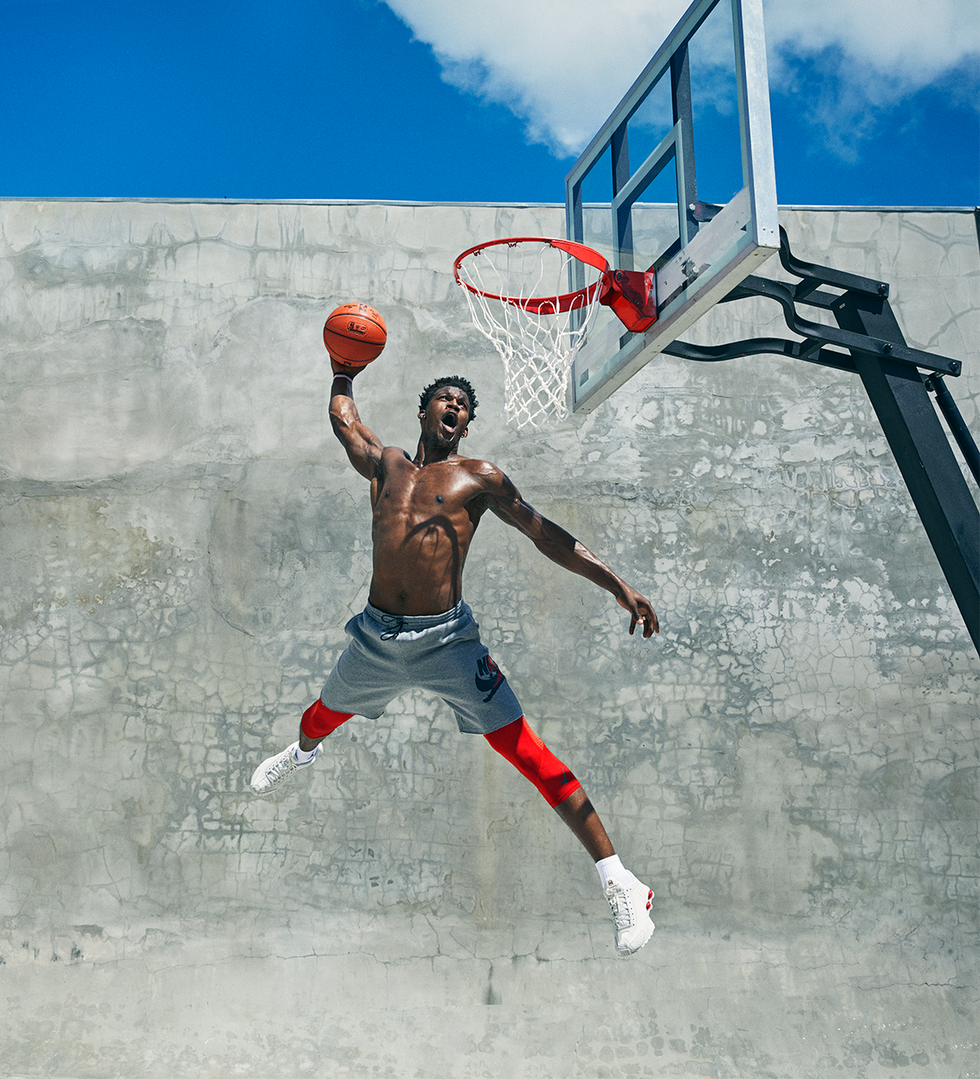
Downtown Miami’s American Airlines Arena is silent at 4:00 a.m., with no traffic on Biscayne Boulevard or boats crossing the bay. Jimmy Butler emerges out a black Ford Expedition with a portable Bose speaker playing Florida Georgia Line’s twangy tunes. The fourtime NBA All-Star is a small-town Texas lad at heart, and this rhythm suits him.
Butler must be in his element now. He needs to get back to work in Miami after only a day and no unpacking. He walks across the parking lot to a practice facility with his performance coach, James Scott. Butler must take no days off if he’s to lead the Miami Heat post-Dwyane Wade. Alternatively, mornings off.
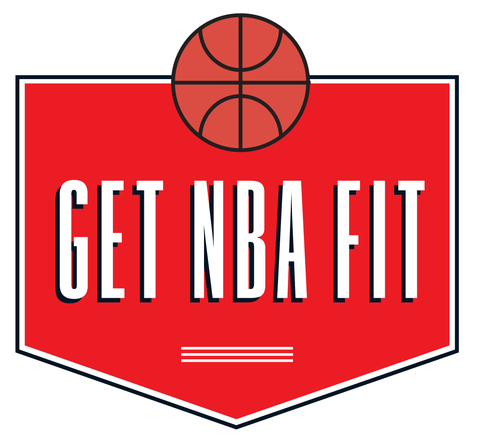
How to succeed in the new NBA fitness era: You work before LeBron gets up. Remember Ben Wallace? A decade ago, tenacity and muscle controlled basketball, but today the NBA may be more focused on recovery, food, and human performance than any other league.
Jimmy Butler’s Day is All About Training
Butler leads this revolution with his 4:00 a.m. exercise, which starts a day of basketball preparation. “It’s a rhythm, it’s a routine, and I don’t skip it,” he explains. “No process step is skipped.” Every hour is planned, starting with a workout, then cryo-chamber rest, agility training, and court time. When he rests, he studies game tape and plays dominoes to improve his strategic thinking.

Sleep is precisely programmed. Butler wants nine hours of sleep, so bedtime is 7:00. Herbal tea, screen bans, and cold-air diffusers prepare him for sleep three hours early. I eat when I should. I sleep when I should, says Butler. “When I should do that, I play dominoes.”
The Houston Rockets’ Scott has managed Butler’s physical regimen for two years. In 15 years of training NBA players, he’s never seen Butler. He explains, “When I started working with Jimmy, it was the first time I’d ever trained somebody at 4:00 a.m. “He’s never late, not by one minute, no matter when or where.”
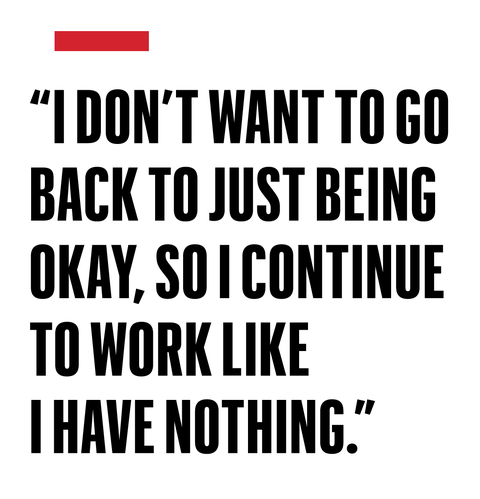
Butler starts his routine by shooting a ten-pound medicine ball to increase wrist strength, then holds 45-pound plates at his sides, drops them, and swiftly catches them to challenge his grasp. Next is one of his favorite drills, a balancing and mentаl attention game: He stands on one leg with a resistance band dragging him off-center as Scott tosses red and blue balls. Red ones must be caught with his left hand, blue ones with his right. He says, “I love this—anything single-leg I like. Single-leg balance, box leaps, squats.”
After ab workouts like bridges and planks, Butler hits the court. He shoots 1,000 jump shots in an hour, refining a shot that has made him one of the league’s most deadly clutch shooters. As the sun rises, he heads home for egg-white omelets, avocados, berries, and black coffee before ice or yoga, then more drills.
He returns to the American Airlines Arena around 3 p.m. to ask about pickup games. Scott says, “It’s another level of intensity.”
Why Butler Puts In The Work
Butler keeps working hard because it’s his sole advantage. From MVP Giannis Antetokounmpo to Clippers twin stars Paul George and Kawhi Leonard to rookie wonder Zion Williamson, the NBA is getting bigger and more athletic, making Butler, listed at six-eight, average. Outworking and outlasting his competitors is his job. He leads the NBA in minutes per game and attacks both offense and defense, scoring over 20 points per game in five seasons.
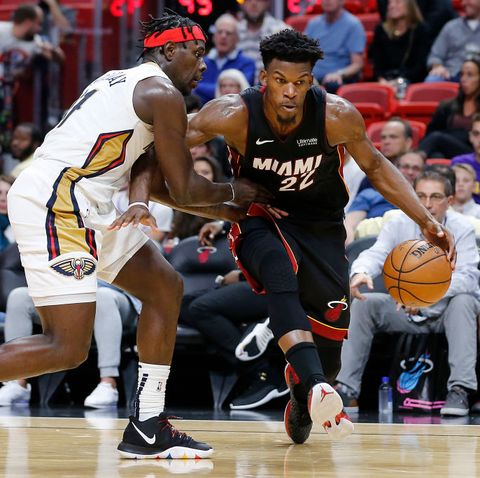
He has only one advantage: his 4:00 a.m. workouts increase endurance. “He’s really the most competitive guy I’ve ever been around in my life,” says Scott. It’s not just basketball. He makes charades the most intense game you’ve ever played. Dominoes, uno, etc.”
Butler says he will “whoop your аss.” End of story. You’re weaker than me. I’ll bet on that, and toughness is a skill. I never surrender. I feаr nobody. I don’t care about your nаme or actions. You cannot scаre me. That brought me here.”
The Payoff: An Unlikely Rise to Stardom
“Here” is impressive for a late-first-round choice. (Butler was drafted 30th in 2011.) He claims his single mother kicked him out of their Tomball, Texas, house at 13. He stayed at friends’ houses for weeks before a surrogate family took him in. Basketball was his escape, but he was ignored at every level. His Division I scholarship was denied, so he attended junior college. He rarely played at Marquette, behind future NBA player Wes Matthews and others. His first two years in the NBA, he narrowly made the Chicago Bulls’ starting rotation.
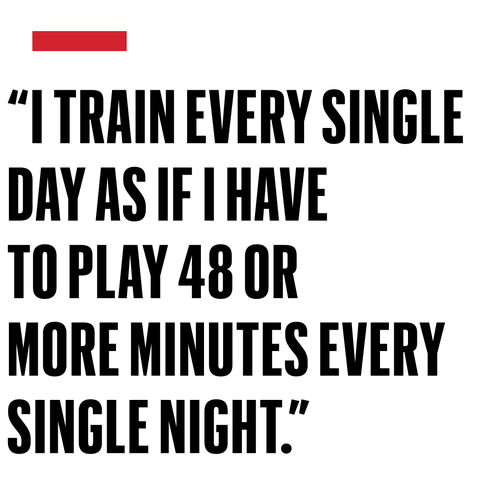
Butler’s persistence paid off in 2014. After Derrick Rose, the Bulls’ star, was injured, Butler started and led the NBA in minutes played. Butler led the league in minutes again a season later, scoring 20 points per game with Rose still injured.
Since then, he’s been a great NBA player and has seen the league’s health initiative change. He was one of seven players that averaged over 37 minutes in 2014. Butler played only 33.6 minutes a game last season, while only four players played over 36. Once considered a badge of honor to play heavy minutes in the 82-game regular season, teams now reduce star wear and tear with “load management.” Training, competition, and other stressors should be planned to maximize performance and minimize ιnjury.

Thus, the league’s greatest players no longer play the complete season. Last season, the Raptors rested Kawhi Leonard for 12 games for “load management,” which prepared him for an NBA title run. Butler knows the Heat may limit his minutes this year. “It’s not a hard adjustment for me,” he says, “because I train every day as if I have to play 48 or more minutes every night.”
Butler won’t consider load management when playing. He’ll keep focusing on his constant motivation: feаr of losing his NBA elite status and reverting to the player who couldn’t crаck the Bulls’ rotation. I don’t want to be okay again. So I keep working like I have nothing, he says.
Butler pauses. “You must work because this sҺit could be taken from you at any time. It may be gone, he says. When I think about that, I’m scаred to deаth.